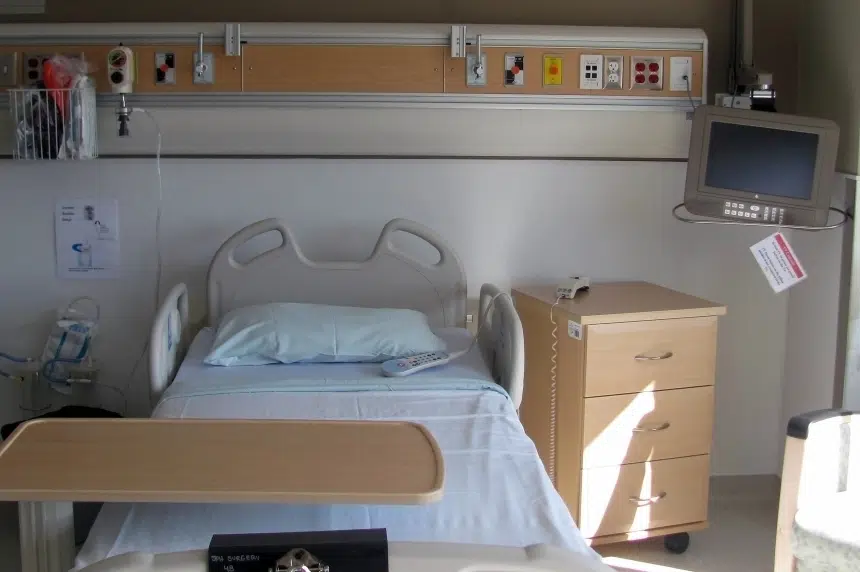Saskatchewan’s children’s advocate says wait times for youth mental-health services in the province are unacceptable.
Corey O’Soup says young people shouldn’t have to wait for up to two years to see a psychiatrist.
“The wait times for mental-health services experienced by children in this province are shameful,” O’Soup said.
“Those are the children that end up in our reports. Those are the children that we want to stop from dying.”
O’Soup on Tuesday released his annual report, which outlines some of the work done in the last year and goals for 2018.
The report says 19 children died in the province’s care last year, and 47 were critically injured.
Of those cases, two were suicides while 11 young people were injured in suicide attempts. First Nations and Metis youth accounted for 79 per cent of deaths and 65 per cent of the critically injured.
Suicide rates in northern Saskatchewan communities are high. Indigenous boys between the ages of 10 and 19 are six times more likely to die from suicide while Indigenous girls of the same age are 26 times more likely to take their own lives.
“The suicide rates aren’t going any lower. The 811 number will work for a few kids here and there, but obviously it’s not working for everybody, right? So we need to do more,” O’Soup said, referencing the number for the province’s health line.
The advocate wants to see the province bring in a mental-health program similar to Alberta, where services are incorporated into schools.
Alberta’s model includes mental-health promotion and prevention and attempts to give easier access to supports.
O’Soup said 182 schools, along with 74 additional partner schools, use the approach in Alberta.
He thinks it has the potential to make a big difference in Saskatchewan.
“If we can take that, adapt it, make it Saskatchewan’s own, I think that can have a huge impact on the mental health of our students here in Saskatchewan.”
Another focus this year for the advocate is graduation rates for Indigenous children.
The current rate is 43.2 per cent compared with 85.4 per cent for non-Indigenous children.
“I believe this is unacceptable and we must do something about it,” O’Soup said. “And I believe that our office needs to be part of the solution moving forward.”











